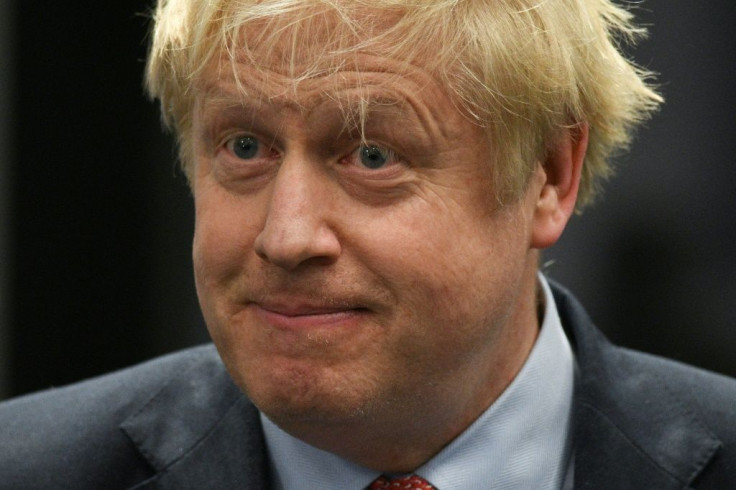Path To Softer Brexit? UK PM's Big Win Gives Him Leeway

The scale of the Conservative victory in Britain's election makes Britain's exit from the European Union all but inevitable but could lead to a softer split, analysts said on Friday.
Prime Minister Boris Johnson's party secured its biggest majority in parliament since the heyday of Margaret Thatcher in the 1980s in Thursday's election.
The outcome should allow Johnson -- a figurehead of the original 2016 EU membership referendum -- to push his divorce deal with Brussels through parliament and take Britain out of the bloc on January 31.
But he still has to negotiate a new economic partnership with the European Union, which remains Britain's biggest trading partner, for businesses to continue operating smoothly on both sides of the Channel.
Failure to do so by the end of 2020 would push Britain into unchartered waters and have unknown repercussions for global markets and international trade.
Before the election, Johnson had to rely on hardline eurosceptic Conservative MPs in the European Research Group (ERG), who have been pressing him for a much looser trading relationship with Brussels.
"With a big majority, Boris Johnson can ignore ERG and go for a softer Brexit if he wishes," noted Charles Grant, director of the Centre for European Reform (CER) think tank.
Despite Brexit dominating the election, there has been little scrutiny of Johnson's exit deal, which covers separation issues such as expatriate rights and Britain's financial settlement.
There has been even less discussion about the pros and cons of any future trade agreements, while Johnson himself has given mixed signals about what he wants to achieve.
"Johnson will have to decide whether to remain closely aligned with the EU or diverge sharply," said Mujtaba Rahman, of the Eurasia Group.
"Crucially, Johnson will not be beholden to the 20 hardline Brexiteers in the European Research Group."
Johnson had promised a Canada-style free trade agreement with the EU -- which would bring greater freedom from EU rules but more barriers and costs to trade.
But campaigning at a factory in northeast England this week, he sought to reassure workers.
He said his plan "protects supply chains, it means we leave the EU with our relationships absolutely intact, so that we have a zero-tariff, zero-quota relationship with the EU".
Tony Travers, a policy expert at the London School of Economics, said the Conservatives' success in manufacturing areas could force Johnson's hand.
The Tories took a swathe of seats from the main opposition Labour party in its usual industrial strongholds, making Johnson's future political success dependent on protecting blue-collar jobs.
The seats won by Johnson's party "still have a large amount of manufacturing, production industries, some agriculture in them -- areas which if there was a hard Brexit, a no-deal Brexit, would be hard hit," Travers told AFP.
"It makes it more difficult for Boris Johnson now to deliver anything other than a softer Brexit," he said.
Whatever the deal, Johnson insisted he would get it done within a post-Brexit transition period scheduled to end on December 31, 2020 -- a challenging timeframe.
If he refuses to extend this period, independent experts suggest a limited trade deal is likely.
The prime minister meanwhile has repeatedly touted the prospect of a trade deal with the United States as one of the opportunities of Brexit.
A decisive win "increases the chance of a speedyish free trade agreement with the US, allows him to make the concessions asked of him by the US, even if it upsets a fair few MPs", said the CER's Sam Lowe.
"Equally, it also buys him space to put it on the back burner for a while if he wants to."
© Copyright AFP 2024. All rights reserved.




















